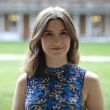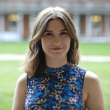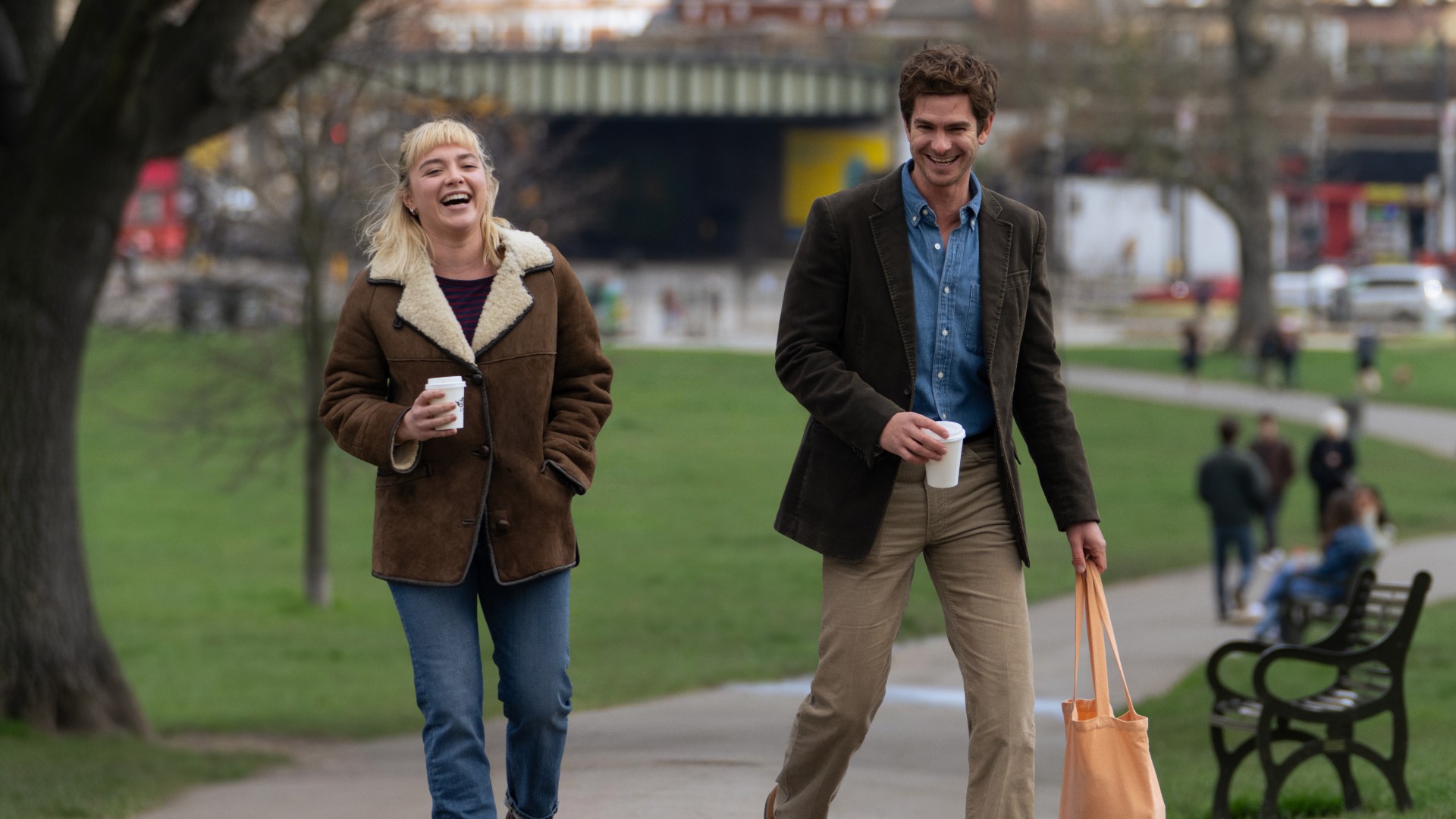

The current situation in Syria has escalated so much that a vault filled with seed supplies meant for the regeneration of humanity following a global catastrophe has been opened.
This is the first time that the so-called ‘doomsday vault’ has been dipped into, with it’s resources used to aid Syria following a request from the International Centre for Agricultural Research in Dry Areas (ICARDA). Following the outbreak of the Syrian civil war, ICARDA deposited a large number of seeds in the Global Seed Vault for safekeeping. Since their stores in the Syrian city of Aleppo were damaged, they've put in a request to return some of those seeds from the vault.
Based on a Norwegian island just 800 miles from the North Pole, the Global Seed Vault has been collecting and freezing seeds from around the world for the last 10 years since being opened in 2008. A safety deposit box of samples and potential sources of future food, seeds are added to the food bank on a yearly basis. They are then frozen for preservation and carefully selected so that they can grow even in a drought conditions.
The vault itself is built in such a manner that even without power it could still remain safe and entirely functional for 200-years.
Their website describes the vault as the planets ‘final back-up’ and is intended for use only in the most dire of situations. One spokesperson said:
“We did not expect a retrieval this early,” said Brian Lainoff of Crop Trust. “But we knew in 2008 that Syria was in for an interesting couple of years. This is why we urged them to deposit so [much] early on.”
So far the Syrian civil war has seen the death of over 250,000 people with millions more being forced from their homes. The resources of the seed vault will likely be welcomed with open arms to the war torn area, but in terms of wider change the world’s reaction is still sadly lacking.
Get exclusive shortlists, celebrity interviews and the best deals on the products you care about, straight to your inbox.
[Via NPR]
As a Staff Writer at Shortlist, Holly dabbles in a bit of everything. Having started her career as a news reporter, she has since decided to return to the world of the living.


